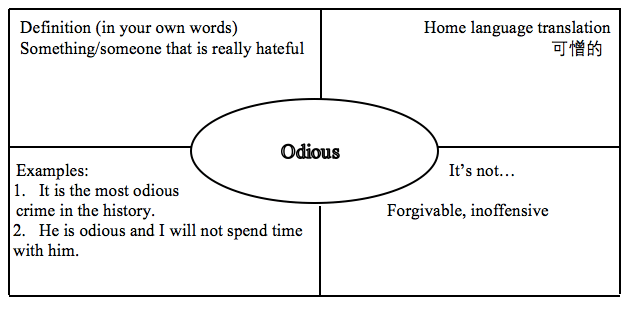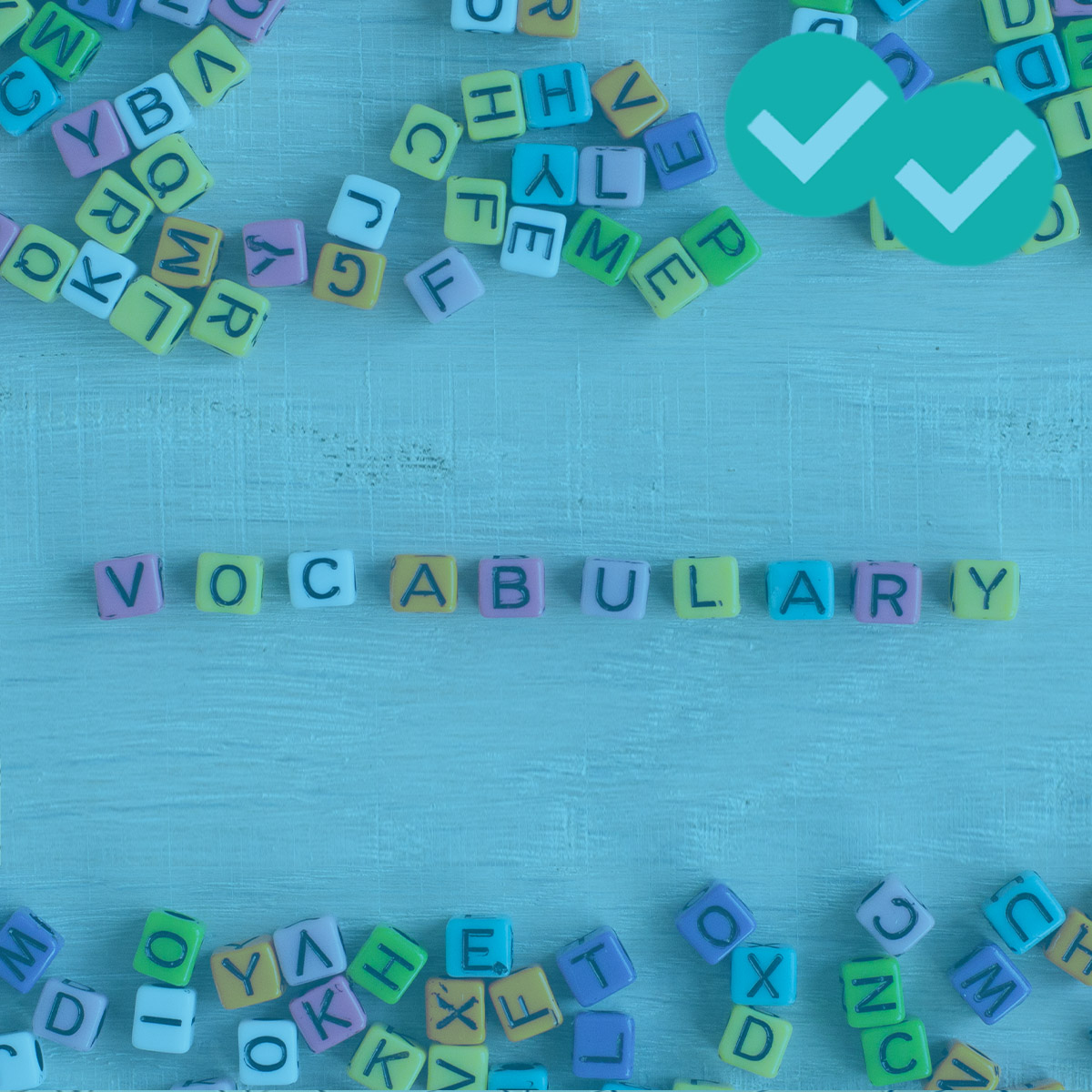
Learning and remembering vocabulary plays an essential part in acquiring English language as well as passing standardized tests such as the IELTS. So, how do you learn English words and remember them? Here are five fun and effective tips on how to learn IELTS vocabulary.
How to Expand Your IELTS Vocabulary
If you want to expand your vocabulary for IELTS, you should start by doing IELTS practice questions. As you practice IELTS questions, ask yourself:
- How do you do with vocabulary?
- How many words do you not know?
- How does this affect your IELTS performance?
One quick way to get a feel for this is to take a full-length IELTS practice test. As you take an IELTS practice test, ask yourself: Can I understand all the necessary information in the recordings and the reading passages? Can I express my ideas in both written and spoken language effectively and accurately, by using various words?
Once you’ve taken a practice exam and have an idea of your current level of vocabulary, you can start to work to expand your vocabulary.
In addition to those basics, read on for five specific vocabulary-building methods that have worked well for many of our students.
Five Ways to Learn and Remember IELTS Vocabulary
1. Read and Listen
Learning new words through reading or listening is better than just memorizing words on wordbooks because they provide you with a meaningful context. Find the fields that you are most interested in and read news from BBC, CNN or New York Times. If you have time, try to read short English novels such as Pride and Prejudice, The Old Man and the Sea and Animal Farm. TV shows and videos are also good resources for picking up new words. Watch Ted Talks , open college courses and your favorite English shows with subtitles. Try to guess the meaning of new words you come across while reading or watching and then look them up in dictionaries.
2. Use Effective Dictionaries
As you all know, a dictionary is a must when learning new words. However, as there are tons of dictionaries in the world, you may wonder what kind of dictionary is best for you. I recommend using two dictionaries. One dictionary gives definitions and examples of a word in English and the other gives translation in your native language.
I also recommend using Merriam-Webster. It is a free online dictionary where you can find English definitions, examples, origins, and related words. It also provides a word per day and some word games on its website so that you can learn a word every day and check how strong your vocabulary is.
3. Make Frayer Four-Square Vocabulary Charts
Below is an example of the four-square chart.

Put the word in the center circle and write down definitions, home language translation, examples and non-examples in the four blanks. You can also replace any of them with pictures or key facts about the word. The point here is to understand the word more deeply so that you can remember it better. Besides, you can go over the words anytime and anywhere as the chart is easy to carry.
4. Arrange New Words Into Categories
Spend some time on arranging new learned words into categories on your notebook each week. For example, you can put adjectives describing a person’s personality, adjectives describing emotions and adjectives describing places into three different categories. It helps you to review what you have learned and make connections between the words so that you can stick them into long term memory better.
5. Use New Words in Conversation or Writing
Try to use new words in conversations with a partner. If you can’t find a partner, just create a possible situation and talk to yourself. It also helps when you use them in your writing. Think about the categories you arranged and use different words each time. Practice with these topics.
The best way to expand your vocabulary is to increase exposure to English, combine different memorization strategies, and practice using new words. Now, let’s talk about how to expand your vocabulary in preparation for the IELTS.
The Takeaway
Keep in mind: Expanding your vocabulary is not just remembering the spelling and translation of vocabulary lists. It is about learning meanings, functions, phrases, and more. Therefore, learning new words should be based on meaningful contexts. Check out these resources to get started with learning IELTS vocabulary!






Leave a Reply